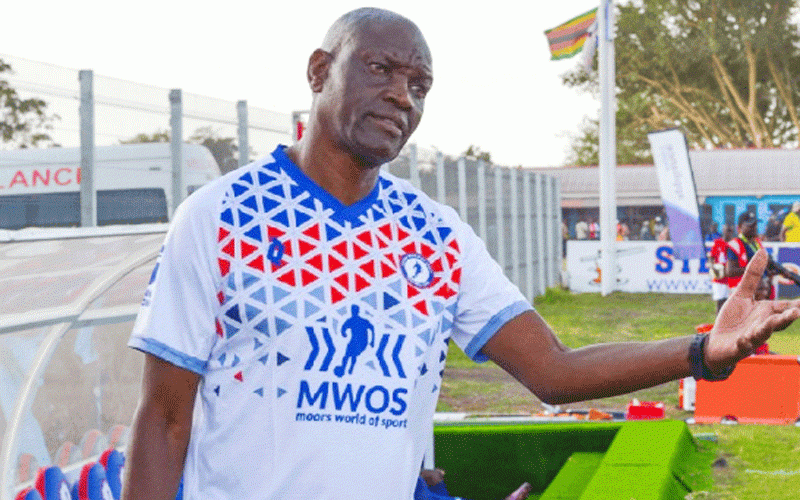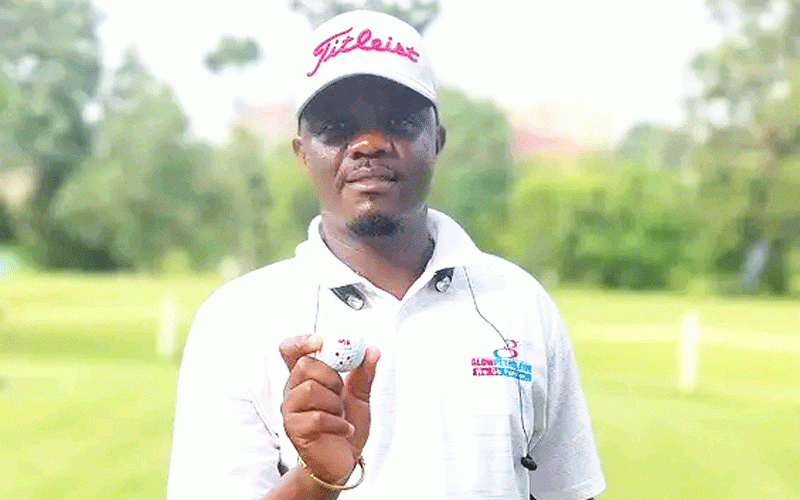
THE long cry that begged Spain to report for duty at this World Cup was finally answered in Durban.
South Africa had been desperate for their light. The last days of this tournament had needed one big night of dreams. Brazil could not provide it, nor Argentina. Lionel Messi was ghost-like. So, too, Cristiano Ronaldo. Germany thrilled on the counter-burst and Holland, Spain’s opponents at Soccer City on Sunday, entertain in patches.
But what the World Cup craved was a show of Spanish mastery: the low-slung, quick-footed passing game that swept them to the European title in Vienna two years ago. That continental triumph was never an end in itself. With all this talent, they were honour-bound to hunt the even grander prize.
The players were the first to say so. Men of Barcelona, of Real Madrid, they required no second telling that the Spanish system has blessed them with a chance to secure world and European domination, as France had from 1998-2000.
They were imperious in qualifying for South Africa, but then came an opening-game loss to Switzerland that bore a grim omen. No team had lost their first World Cup match and gone on to raise the trophy. They can forget that portent now.
Wednesday night, beside the ocean, they overwhelmed Germany with their dexterity. Spain’s play had spluttered but now they have the big win that proves their pedigree. Victories had been hacked from stone. This one was carved.
The great World Cup audience had waited for the real show to start. And waited, until the dropping of Fernando Torres rebooted the Spanish heartbeat. The quick, slick midfield passing was back. There was cheek and cheer in the dinked balls to Sergio Ramos, their overlapping right-back, and a return of the old conviction in the way Xavi and Andrés Iniesta combined with David Villa, who needs one more goal to equal Raúl’s all-time national scoring record of 44.
- Chamisa under fire over US$120K donation
- Mavhunga puts DeMbare into Chibuku quarterfinals
- Pension funds bet on Cabora Bassa oilfields
- Councils defy govt fire tender directive
Keep Reading
Patience in Torres expired after the narrow quarter-final win over Paraguay. It fell to Pedro Rodríguez, the young Barcelona flier, to fill the boots of El Nino, whose tame form affirmed the gulf between being physically sound and World Cup fit. Between the repair and the full recovery falls the shadow.
Vicente Del Bosque, the Spain manager, who looks like a police inspector weighed down by a particularly complex homicide, faced a challenge that had defeated Fabio Capello (England) and Diego Maradona (Argentina): how to stop the German counter-strike and knock the sparkle out of Joachim Löw’s starlets, who were granted too much freedom in the demolitions of the English and Maradona’s badly-structured side.
The answer was to play like-for-like in a 4-2-3-1 formation that mirrored the German set-up. By dropping Torres (who came on for 10 minutes), Del Bosque was able to switch to a lone-striker system that gave him an extra body in midfield to stop the Germans claiming another victim in that area.
One glance at their opponents’ two previous wins would have persuaded Spain’s coaching staff that they needed to curtail the German midfield romp. No easy task, this, because Löw’s young team have spirit to go with their speed and energy. Bastian Schweinsteiger had scattered Argentina’s lightweight midfield but here he had more orchestrated creativity to deal with. Where Mesut Ozil had skipped through English and Argentinian gaps, this time he was confronted by the formidable midfield screen of Xabi Alonso and Sergio Busquets.
This Spanish generation have such deep knowledge of what it means to play in a dominant national team (and at the highest reaches of the Champions League) that it felt absurd to imagine them suddenly forgetting how to conquer lesser opposition. But a side this gifted isn’t allowed to advance by stealth. Sooner or later they must parade their class and swagger, and there could be no better opportunity than against a team packed with former Under-21s.
Spain clocked on, all right. After the interval, Pedro tore Germany’s defences open with a piercing run and Alonso miscued two cleverly set-up shots. Villa was finding space to make his darts and the exemplary Xavi pressed up behind him in support.
For the first time at this tournament Spain could smell proper blood. Germany, without Thomas Müller raiding on the right, left them less to worry about defensively. Yet all the time the Spanish finishing was off the money, they invited the unjust German goal against the run of play.
The breakthrough, though, was coming. From a corner taken by Xavi, Carlos Puyol, who was heroic in defence in the final minutes, stole into the German penalty box and headed past Manuel Neuer. Then Pedro wasted a gilded chance to extend the lead.
But Spain were awake, alive, victorious. This result repeated the 1-0 Euro 2008 win that brought Spain their first trophy since 1964. It also prompted the bookmakers to predict there will be a new name on the World Cup statue. There are seven now. In this form Spain will make it eight.
Holland will quake. This World Cup has recovered what it perhaps lacked. Style. Imagination. –The Guardian











